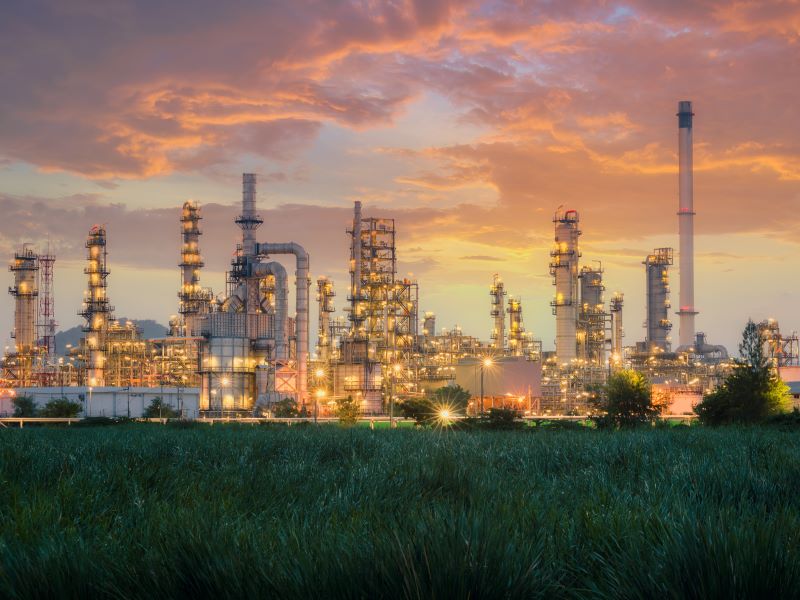Australia has a $36 billion opportunity to build a sovereign low-carbon liquid fuels industry by 2050, according to a new report commissioned by the Clean Energy Finance Corporation (CEFC).
The Deloitte report found that with the right policy and investment settings, low-carbon fuels could deliver 230 million tonnes of emissions savings, reduce Australia’s dependence on fuel imports and generate new jobs in regional manufacturing and refining.
“Low carbon liquid fuels are a present-day necessity for sectors that can’t electrify. If we get the settings right, Australia can lead in clean fuels innovation and production — not just supply the feedstocks,” CEFC chief executive Ian Learmonth said.

The report positions low-carbon fuels as essential for hard-to-abate sectors such as aviation, heavy freight, mining, and defence, where electrification is either technically difficult or economically unviable.
The scale of the opportunity is calculated as significantly wider than the CSIRO’s projection of a $19 billion market by 2050 this time last year. The CEFC’s estimate reflects a broader economic and strategic case for domestic fuels production.
In 2023, Australia spent $50.7 billion on imported liquid fuels, while its exports of low-carbon fuel feedstocks such as canola and tallow was significantly lower, totaling just $3.9 billion over the year.
The report warns that Australia will continue to forgo value-add opportunities and remain vulnerable to geopolitical supply shocks without greater investment into local refining capabilities.
Other structural, financial and policy barriers are also impeding the progress of the industry, such as higher production costs and the absence of national mandates or procurement programs that would de-risk investment.
“We export the raw materials but miss the opportunity to build the industry here at home. This is about regional development, national resilience, and emissions reduction, all at once,” CEFC executive director Rupert Maloney said.
The report outlines a seven-point roadmap, calling for blending mandates, concessional finance, transparent market data, and value chain coordination to bridge the cost and risk gaps. It also advocates support for next-generation fuel technologies such as synthetic e-fuels.
“With the right market signals and collaboration, Australia can build a globally competitive clean fuels industry and lead our region in climate-era innovation,” said Mr Maloney.
“Clean fuel plants could revitalise manufacturing hubs and create skilled careers in some areas hit hardest by the decline of fossil fuels. But we need investment commitments this decade to avoid missing the window.”
Low-carbon fuels have been identified as a priority sector as part of the federal government’s Future Made in Australia agenda.
The Australian Renewable Energy Agency provided more than $10 million in federal grants earlier this year for feasibility studies into two sustainable aviation fuel projects in Queensland.
Do you know more? Contact James Riley via Email.
